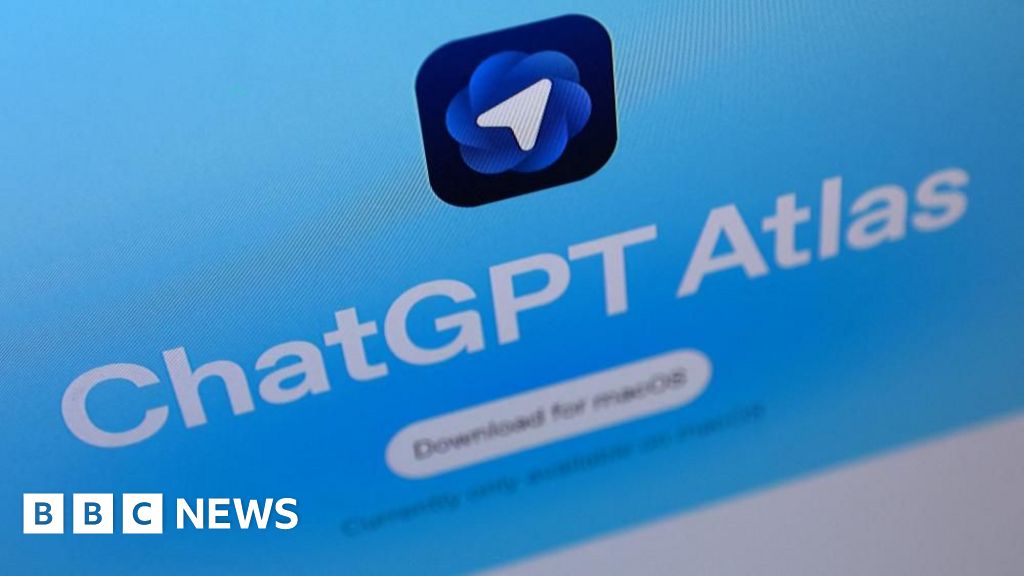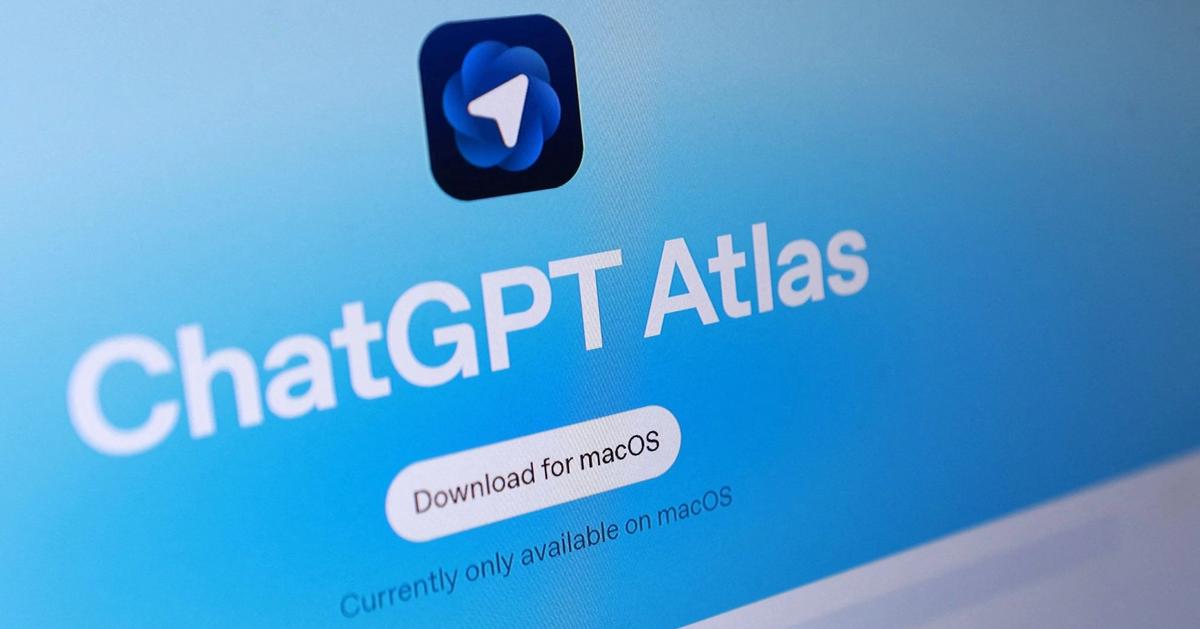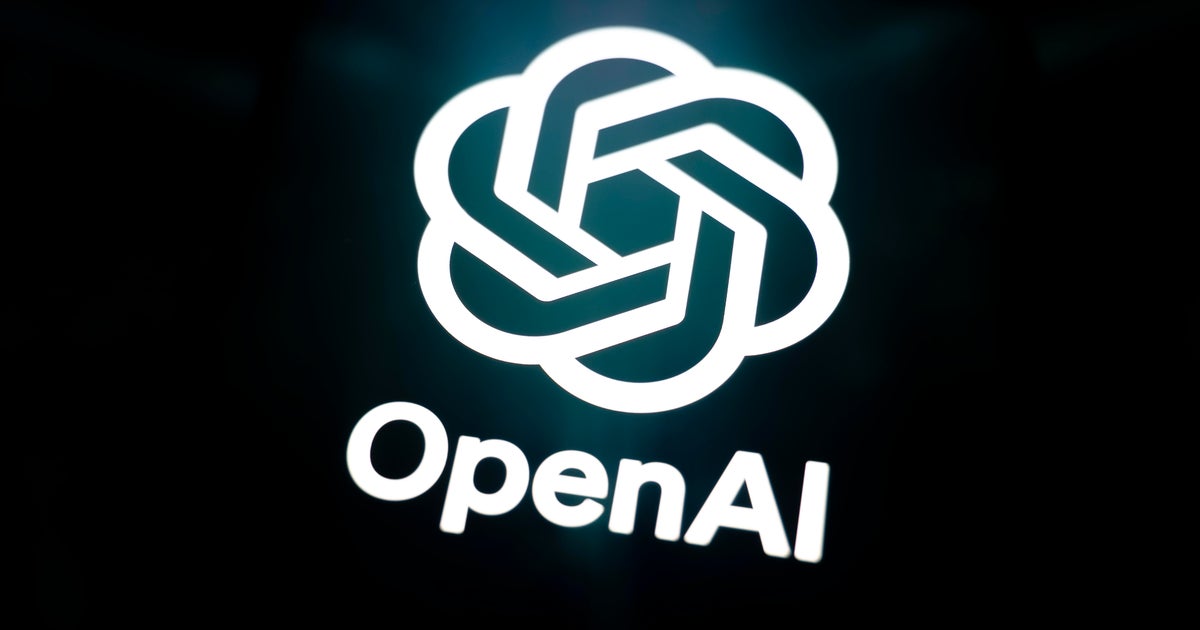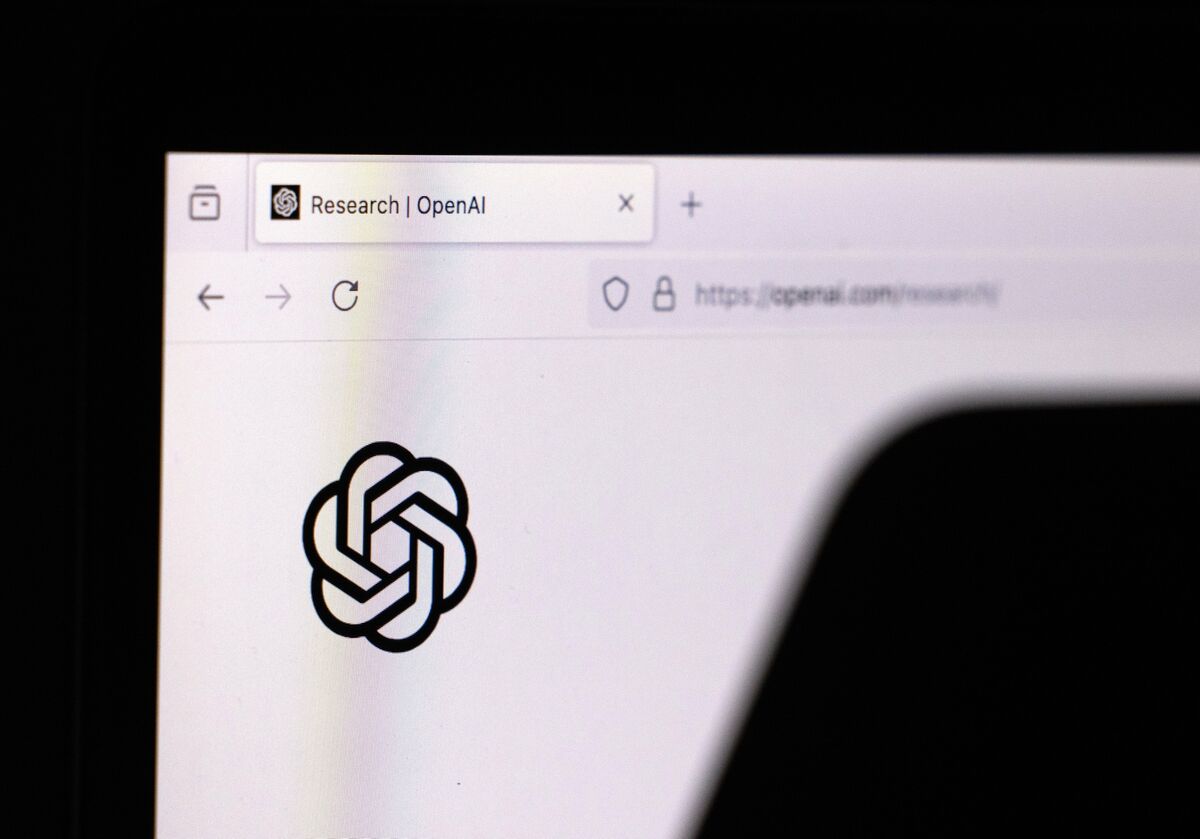OpenAI's ChatGPT Atlas Browser Faces Security Scrutiny Over Data Collection
OpenAI's new ChatGPT Atlas browser, integrating AI features, is drawing significant security and privacy concerns due to its default data collection and potential vulnerabilities.
Subscribe to unlock this story
We really don't like cutting you off, but you've reached your monthly limit. At just $5/month, subscriptions are how we keep this project going. Start your free 7-day trial today!
Get StartedHave an account? Sign in
Overview
- OpenAI has launched ChatGPT Atlas, an AI-powered web browser, directly challenging established browsers like Google Chrome and other AI-driven competitors in the market.
- The browser integrates ChatGPT, offering features such as natural language interaction, a built-in sidebar for summaries, and a paid 'agent mode' for autonomous internet searches.
- A key feature, 'browser memories,' saves users' online activities by default, immediately raising significant security and privacy concerns among experts regarding data control.
- Concerns about the Atlas Agent feature include a demonstrated hacking method and the potential for phishing attacks, despite its ability to research and book vacations.
- Initially available on Apple's MacOS with plans for rapid expansion, OpenAI aims for profitability with Atlas, navigating these emerging privacy and security challenges.
Report issue

Read both sides in 5 minutes each day
Analysis
Center-leaning sources collectively frame the launch of OpenAI's ChatGPT Atlas browser around its competitive challenge to Google and, more prominently, the significant privacy and security concerns it presents to users. They emphasize the need for caution, highlighting how the browser's features could lead to extensive data collection, despite OpenAI's assurances.
Articles (16)
Center (12)
FAQ
ChatGPT Atlas features include 'browser memories' and 'agent mode.' 'Browser memories' record user interactions to personalize responses, while 'agent mode' allows the AI to perform tasks like filling forms. These features are designed to enhance user experience by providing more personalized and automated interactions on the web.
Security concerns with ChatGPT Atlas include prompt injection attacks, where malicious instructions can be embedded in web content to trick the AI into performing unauthorized actions. This vulnerability expands the attack surface as AI operates with full privileges across multiple sessions.
OpenAI is researching and mitigating risks such as prompt injections. The company offers optional features that users can disable or erase data from, and browsing content is excluded from model training unless users opt-in. However, OpenAI has not fully detailed its security measures.
ChatGPT Atlas represents a step toward AI-powered operating systems, where computers will be controlled through prompts rather than traditional interfaces. This shift could redefine how users interact with technology, but it also raises significant security challenges.
History
- 13d

 3 articles
3 articles
- 13d

 10 articles
10 articles














